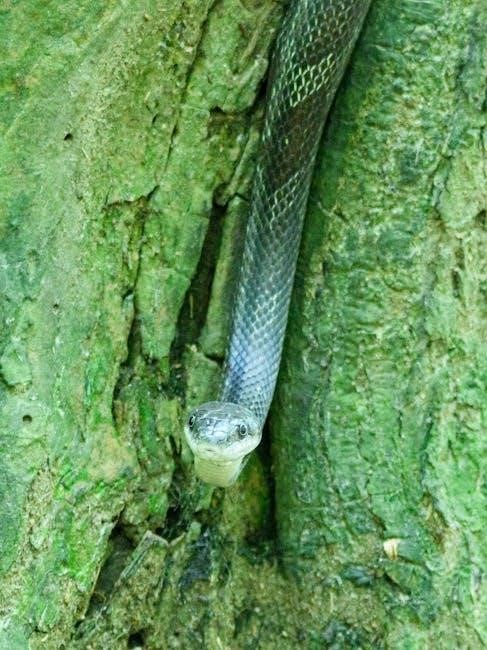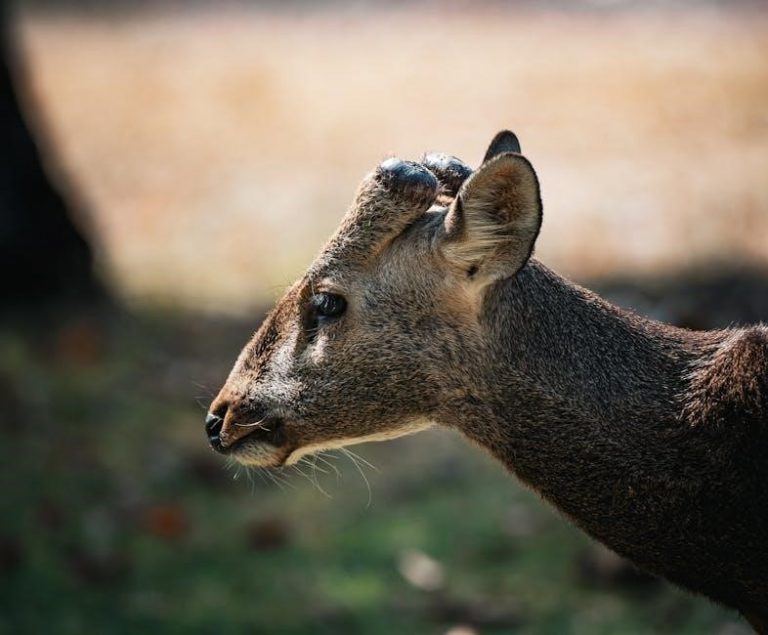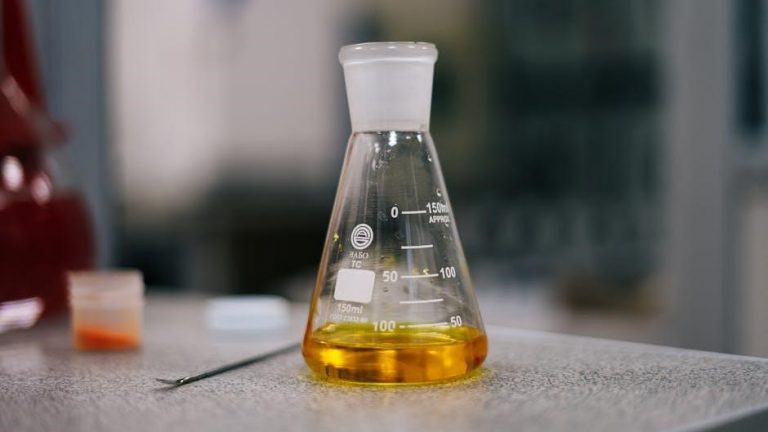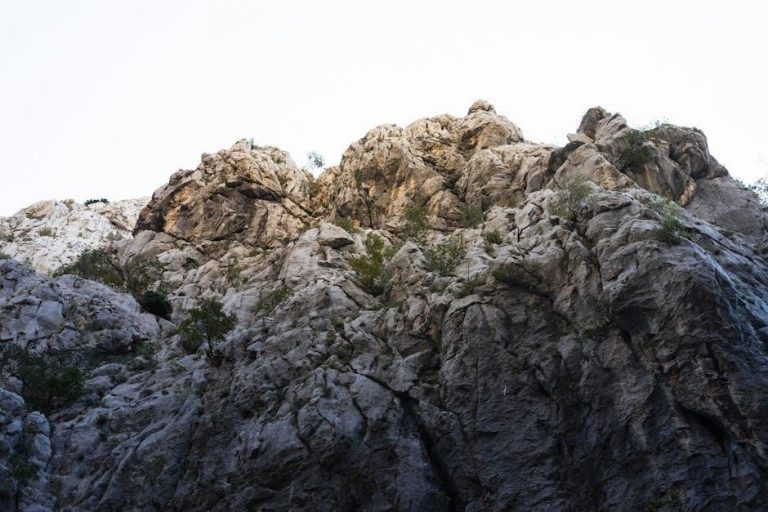Wildlife biology college prerequisites include foundational courses in biology, ecology, mathematics, and statistics. These requirements ensure students develop the necessary skills for advanced studies in wildlife conservation and management.
1.1 Overview of Wildlife Biology as a College Major
Wildlife biology is an interdisciplinary major focusing on the study of wild animals, their habitats, and ecosystems. It combines biology, ecology, zoology, and conservation to address environmental challenges. Majors gain skills in research, fieldwork, and data analysis, preparing them for careers in conservation, wildlife management, and environmental science. The curriculum often includes core courses in ecology, genetics, and statistics.
1.2 Importance of Meeting Prerequisites for Wildlife Biology Programs
Meeting prerequisites ensures a strong foundation in biology, chemistry, mathematics, and statistics, essential for advanced coursework. These requirements prepare students for fieldwork, research, and understanding complex ecological concepts. Fulfilling prerequisites also demonstrates readiness for rigorous academic challenges, making students more competitive in their programs and future careers in wildlife biology and conservation.
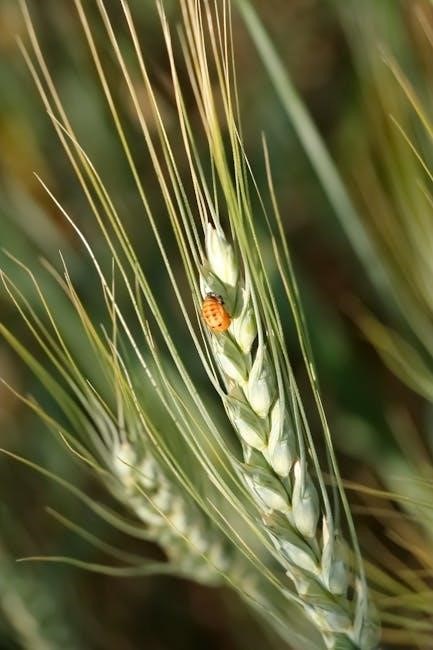
High School Preparation for Wildlife Biology Programs
A strong foundation in biology, chemistry, physics, and mathematics is crucial. Maintaining a high GPA and taking advanced courses prepares students for college-level wildlife biology programs effectively.
2.1 Recommended High School Courses (Biology, Chemistry, Physics, and Mathematics)
High school students should focus on biology to understand ecosystems and species, chemistry for environmental interactions, physics for ecological processes, and mathematics for data analysis. Advanced courses in these subjects enhance problem-solving and critical thinking skills, preparing students for rigorous college-level wildlife biology programs and fostering a strong academic foundation for future studies in conservation and environmental science.
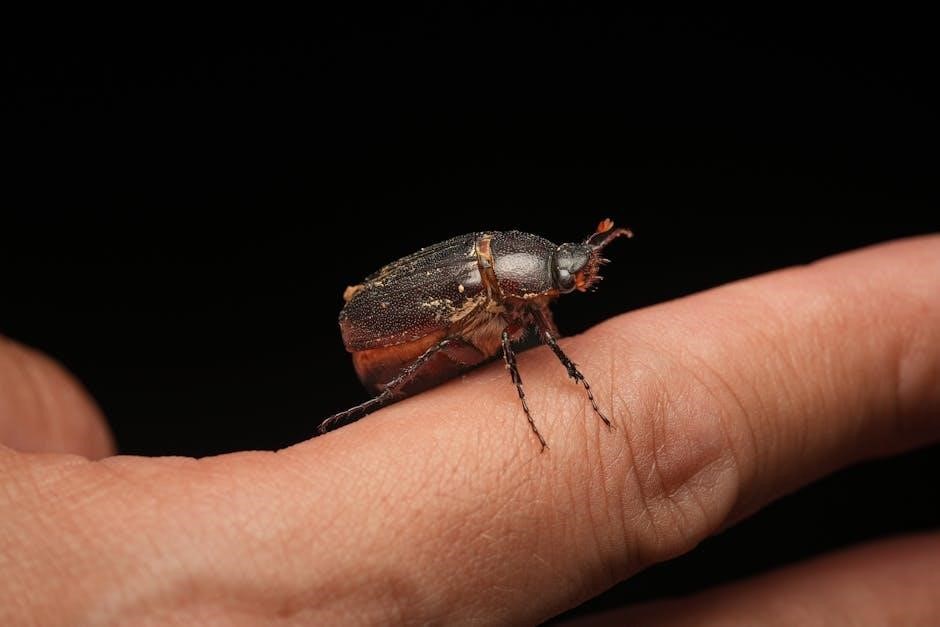
2.2 Importance of Maintaining a Strong GPA
Maintaining a strong GPA is crucial for admission to competitive wildlife biology programs. A high GPA reflects academic commitment and prepares students for rigorous coursework. Many colleges require a minimum GPA for prerequisite courses, such as biology and mathematics. A strong academic record also enhances opportunities for scholarships and research experiences, setting a foundation for success in wildlife biology studies and future careers.
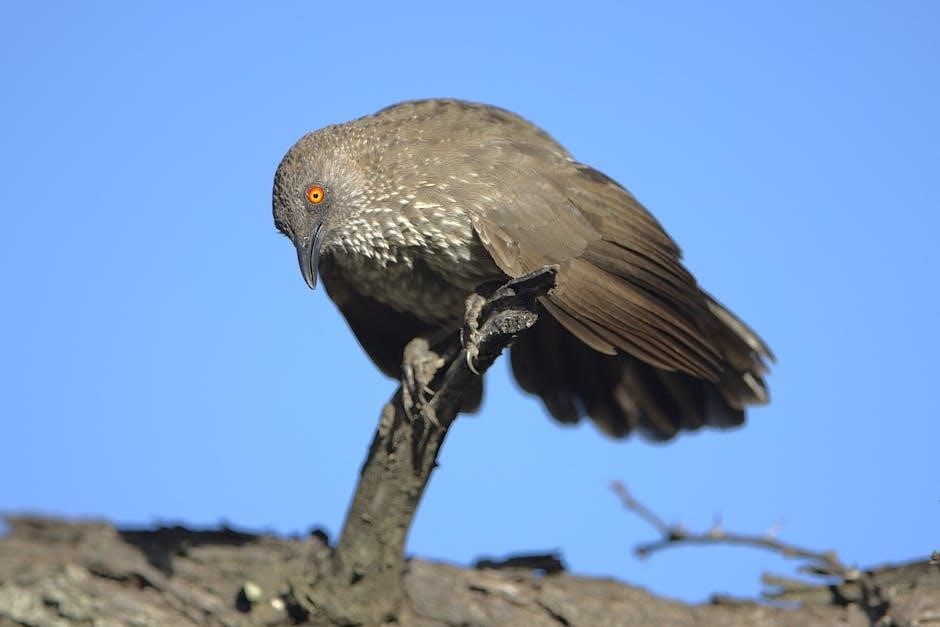
College-Level Prerequisites for Wildlife Biology Majors
College-level prerequisites for wildlife biology majors include core courses in biology, ecology, and zoology, along with mathematics, statistics, and physical sciences like chemistry and physics.
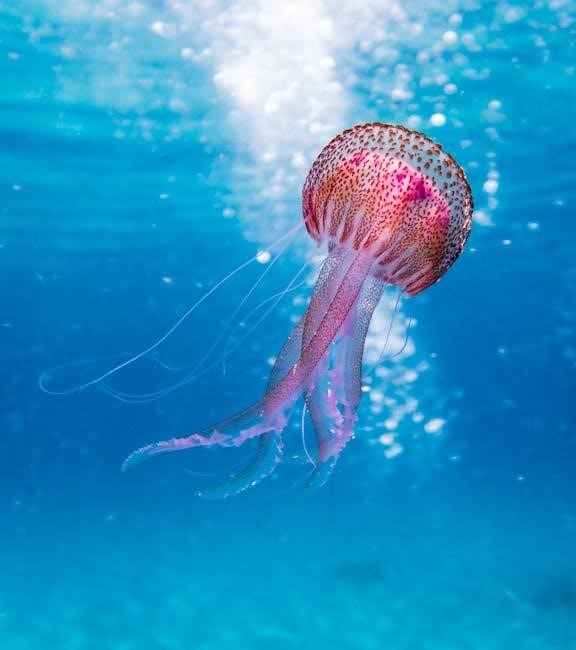
3.1 Core Courses in Biology, Ecology, and Zoology
Core courses in biology, ecology, and zoology are essential for wildlife biology majors. These include general biology, ecology, population biology, and zoology, providing foundational knowledge of ecosystems, species interactions, and conservation principles. Additional courses like wildlife management and conservation genetics prepare students for real-world applications in managing and preserving wildlife populations. These courses emphasize scientific inquiry and practical field skills, ensuring a well-rounded education.
3.2 Mathematics and Statistics Requirements
Mathematics and statistics are critical for wildlife biology majors, with courses like calculus, statistics, and applied statistics being essential. These courses provide the tools for data analysis, research, and understanding ecological models. Proficiency in mathematical and statistical concepts is vital for analyzing population dynamics and conservation strategies, ensuring students are well-prepared for both fieldwork and academic research in wildlife biology. These skills are foundational for success in the field.
3.3 Physical Science Requirements (Chemistry, Physics, and Geology)
Physical sciences like chemistry, physics, and geology are essential for understanding environmental interactions. Courses such as organic chemistry and college physics provide foundational knowledge for ecological processes. Geology courses help students grasp landforms and habitats. These subjects are crucial for analyzing ecosystems, conservation strategies, and natural resource management, ensuring a comprehensive understanding of wildlife biology and its practical applications in the field. A minimum grade of C is often required in these courses, and they typically amount to 9-12 credit hours, depending on the program, to ensure a solid scientific grounding. These prerequisites prepare students to tackle complex environmental challenges and contribute effectively to conservation efforts, making them indispensable for a well-rounded education in wildlife biology. The integration of physical sciences into the curriculum ensures that graduates are equipped with the necessary tools to address real-world problems in wildlife conservation and management, bridging the gap between theoretical knowledge and practical application. By mastering these disciplines, students gain a deeper appreciation for the interconnectedness of life and the environment, which is vital for developing sustainable solutions in the field.
Field Experience and Practical Training
Field experience and practical training are crucial for wildlife biology students, offering hands-on learning through internships, volunteer work, and field research, enhancing skills in real-world conservation and management.
4.1 Importance of Fieldwork in Wildlife Biology Education
Fieldwork is essential in wildlife biology education, bridging classroom theory with practical, hands-on experience. It enables students to develop skills in species identification, data collection, and conservation practices. Real-world exposure enhances understanding of ecological systems and prepares students for careers in research, management, and conservation. Field experiences also foster critical thinking and problem-solving abilities, making graduates more competitive in the job market.
4.2 Opportunities for Internships and Volunteer Work
Internships and volunteer work provide invaluable hands-on experience for wildlife biology students. These opportunities allow students to engage in field research, species management, and conservation efforts, developing practical skills and networking with professionals. Such experiences enhance resumes, build confidence, and prepare students for careers in wildlife conservation and research, making them more competitive in the job market and graduate school applications.
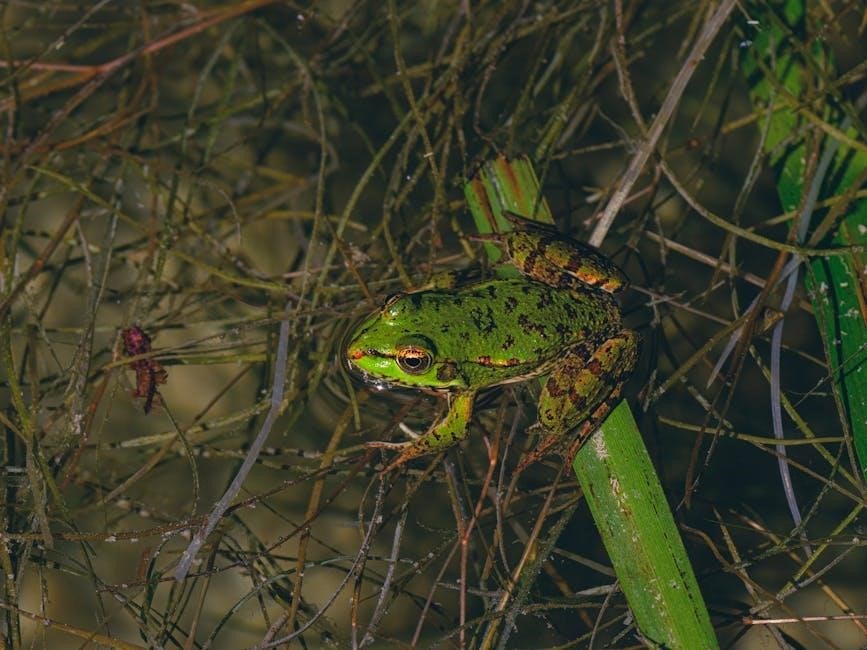
Graduate School and Advanced Degrees in Wildlife Biology
Pursuing a Master’s or Ph.D. in wildlife biology requires a bachelor’s degree in a related field, with coursework in biology, ecology, and statistics. Advanced degrees focus on specialized research, preparing students for leadership roles in conservation and academia, enhancing their expertise in managing and preserving ecosystems effectively.
5.1 Requirements for Master’s and Ph.D. Programs in Wildlife Biology
A bachelor’s degree in biology, ecology, or a related field is typically required for graduate programs. Many programs also require a minimum GPA of 3.0, coursework in statistics and ecology, and research experience. Some universities may require GRE scores, while others prioritize practical skills gained through internships or fieldwork. Advanced degrees focus on specialized research, preparing students for roles in academia, conservation, or leadership positions.
5.2 Preparation for Graduate School in Wildlife Biology
Preparing for graduate school in wildlife biology involves maintaining a strong GPA, completing relevant coursework in ecology, statistics, and conservation biology, and gaining hands-on experience through research or internships. Building a robust resume with fieldwork and volunteer opportunities is also crucial. Many programs require GRE scores and letters of recommendation, emphasizing a clear research focus and alignment with faculty interests.
Certification and Professional Development
Certification by The Wildlife Society enhances career opportunities in wildlife biology. Professional development through internships, workshops, and continuing education helps biologists stay updated on conservation practices and research techniques.
6.1 The Role of Certification in Wildlife Biology Careers
Certification in wildlife biology, often provided by organizations like The Wildlife Society, validates expertise and commitment. It enhances job prospects, advancement opportunities, and professional credibility. Certification requirements typically include a bachelor’s degree in a relevant field, coursework in specific areas, and practical experience. This recognition is crucial for leadership roles and advanced research in conservation and wildlife management.
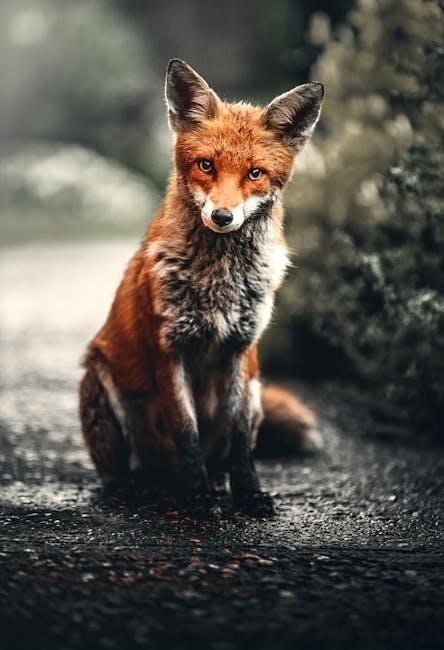
6.2 Certification Requirements by The Wildlife Society
Certification by The Wildlife Society requires a bachelor’s degree in wildlife biology or a related field, with coursework in ecology, zoology, and botany. Applicants must also complete field experience and adhere to specific credit hour requirements in subjects like mathematics and statistics. This certification is essential for advancing careers and demonstrating professional expertise in wildlife conservation and management fields.
Choosing the Right College for Wildlife Biology
Selecting a college for wildlife biology involves considering factors like program reputation, faculty expertise, and hands-on opportunities. Ensure the curriculum aligns with your career goals in conservation or research.
7.1 Factors to Consider When Selecting a Wildlife Biology Program
When selecting a wildlife biology program, consider program reputation, faculty expertise, and hands-on opportunities. Ensure the curriculum aligns with your interests, such as conservation or research. Check for accreditation and access to fieldwork and internships. Campus location and proximity to natural habitats can also enhance learning experiences. Additionally, evaluate support for certification through organizations like The Wildlife Society.
7.2 Accreditation and Program Reputation
Ensure the program is accredited by recognized bodies like the National Association of University Fisheries and Wildlife Programs (NAUFWP). A reputable program offers expert faculty, research opportunities, and strong industry connections. Accreditation guarantees a quality education, while a program’s reputation can enhance career prospects and graduate school acceptance. Look for programs endorsed by organizations like The Wildlife Society for added credibility.
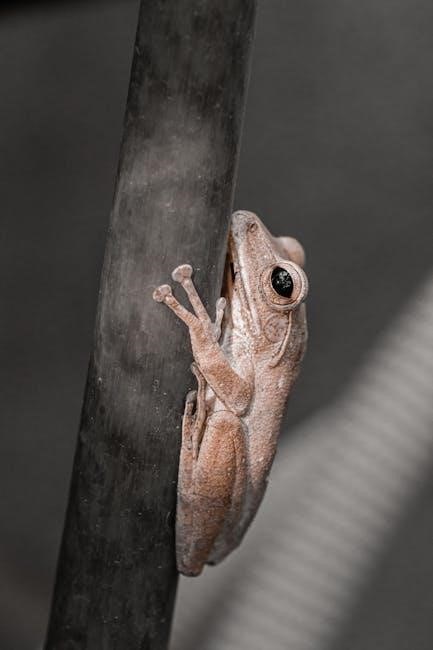
Degree Requirements for Wildlife Biology Majors
Wildlife biology majors typically require 120-128 credits, including core courses in biology, ecology, statistics, and physical sciences. Many programs include a senior project or capstone experience for degree completion.
8.1 Credit Hours and Course Distribution
Wildlife biology majors typically require 120-128 credit hours, with a balanced distribution across core sciences, electives, and practical experiences. Students must complete foundational courses in biology, ecology, mathematics, and statistics, along with specialized electives like wildlife management and conservation biology. Additional credits are allocated for fieldwork, internships, and capstone projects, ensuring a well-rounded education.
8.2 Senior Projects, Capstones, and Field Trips
Senior projects and capstones require students to apply knowledge through original research, fieldwork, or comprehensive seminars. Many programs include field trips to natural habitats, fostering hands-on experience. These components ensure graduates are well-prepared for professional roles in wildlife biology and conservation, blending academic theory with practical skills.
Specializations Within Wildlife Biology
Wildlife biology offers diverse specializations, including wildlife management, conservation biology, animal ecology, and specific fields like mammalogy, ornithology, and herpetology. These focus areas allow tailored study and career paths.
9.1 Wildlife Management and Conservation Biology
Wildlife management and conservation biology focus on balancing ecosystems and human activities. Students learn techniques like habitat restoration, population monitoring, and species conservation. These specializations emphasize sustainability, biodiversity preservation, and ethical land use. Courses often include ecological principles, wildlife policies, and hands-on field experience, preparing graduates for roles in environmental agencies, NGOs, or research institutions. Practical skills in data analysis and conservation planning are also developed.
9.2 Animal Ecology, Mammalogy, Ornithology, and Herpetology
Specializations like animal ecology, mammalogy, ornithology, and herpetology delve into specific animal groups. These fields explore behavior, evolution, and conservation of mammals, birds, reptiles, and amphibians. Courses emphasize species identification, ecological interactions, and applied conservation techniques. Hands-on experiences, such as field research and species monitoring, prepare students for careers in wildlife research, zoology, and specialized conservation efforts.
Skills and Knowledge Gained Through Wildlife Biology Programs
Wildlife biology programs equip students with scientific knowledge, research skills, and practical expertise in species management and conservation. Students gain problem-solving abilities, data analysis, and ethical decision-making for real-world challenges.
10.1 Scientific Knowledge and Research Skills
Wildlife biology programs provide a strong foundation in ecology, biology, and conservation principles. Students learn to apply scientific methods, conduct field and lab research, and analyze data. Courses in statistics, genetics, and environmental science enhance critical thinking and problem-solving abilities, preparing graduates for evidence-based decision-making in wildlife management and conservation efforts.
10.2 Practical Skills in Wildlife Management and Conservation
Wildlife biology programs emphasize hands-on training in habitat restoration, species monitoring, and conservation techniques. Students gain experience with tools like GIS mapping and field equipment. Courses such as NRM 495 and field trips provide real-world exposure, enabling graduates to effectively manage ecosystems and address environmental challenges in professional settings.
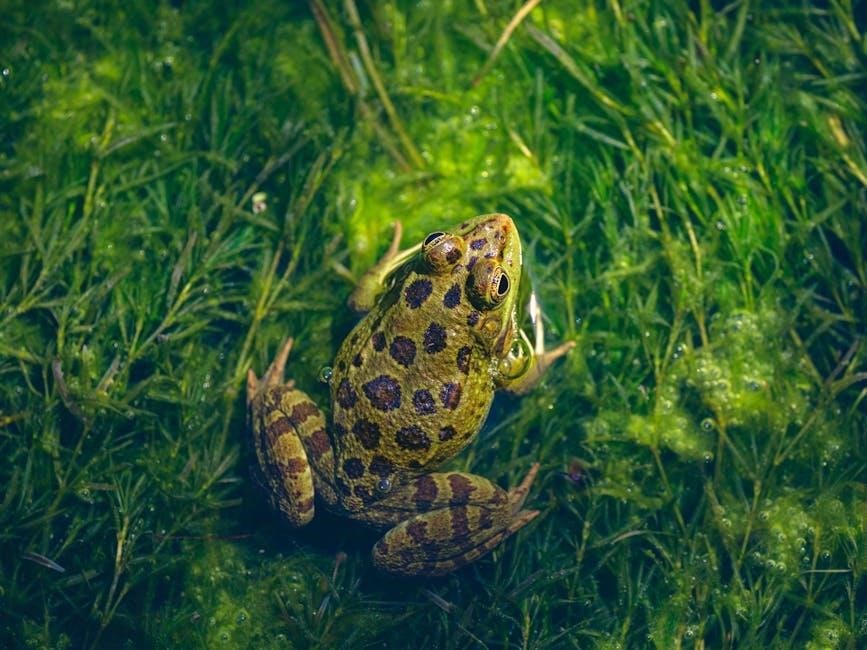
Career Opportunities in Wildlife Biology
Wildlife biologists and conservationists work in roles such as wildlife management, ecological research, and environmental policy. Advanced degrees often lead to leadership positions in government or NGOs, driving conservation efforts.
11.1 Job Roles for Wildlife Biologists and Conservationists
Wildlife biologists and conservationists work in diverse roles such as wildlife management, ecological research, and environmental policy. They may serve as zoologists, conservation biologists, or wildlife managers, often in government agencies, NGOs, or private sectors. Their work focuses on species conservation, ecosystem health, and sustainable practices to protect biodiversity and natural resources, ensuring a balanced relationship between human activities and the environment.
11.2 The Impact of Wildlife Biology on Environmental Conservation
Wildlife biology significantly contributes to environmental conservation by addressing habitat preservation, biodiversity protection, and ecological balance. Through research and practical applications, wildlife biologists inform policies and strategies that mitigate human impact on ecosystems, ensuring sustainable coexistence between species and human communities to safeguard the planet’s natural heritage for future generations effectively.
